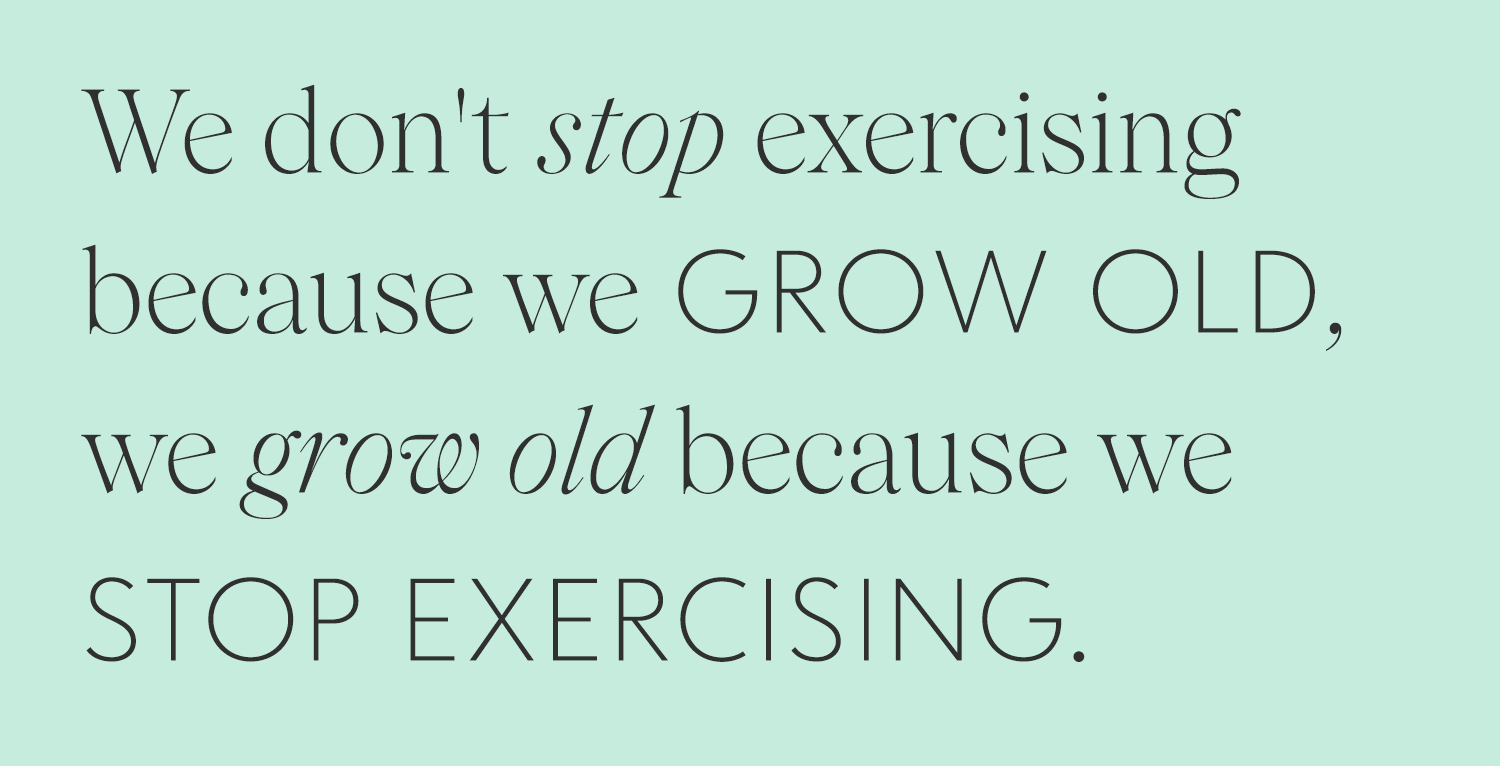Welcome to thoughtful, organic beauty
Hello Joyous is an organic, plant-based, sustainable beauty brand here to bring more joy to your day.
When we think of inflammation we often think of pain, redness and swelling as is the case when you sprain your ankle. It's your body's process of fighting or healing something whether that be an infection, injury or toxin. Acute inflammation is temporary, your body releases chemicals that trigger a healing response and once the infection, injury or toxin is gone, the inflammation is gone too. However, chronic inflammation is the real problem because inflammatory chemicals do not turn off leaving your body in a constant state of alert.
Enter inflammaging, defined as chronic inflammation that accelerates the aging process. It is associated with chronic diseases such as Alzheimer's disease, atherosclerosis, heart disease, type II diabetes, and cancer. From the outside, it's associated with declining skin structure and function (aka aging skin).
What Causes Inflammaging?
Factors causing inflammaging are environmental like pollutants, also dietary factors, chronic stress, smoking, obesity and radiation. Another cause is cellular senescence. These are cells that permanently stop dividing but don't die. They remain inside the body stimulating pro-inflammatory chemicals to be released.
Aging is a normal biological process that happens to us all as we get older. Unfortunately, our foods and habits can speed up this process by providing the perfect storm for inflammation to occur.
The good news is there are many things we can control from our dietary patterns to our lifestyle habits to slow down and dampen inflammaging.
Let's review the best and worst foods for inflammaging, in addition to lifestyle habits to prevent inflammaging.
The BEST Foods to Reduce Inflammaging
This list of foods reduces inflammaging because they contain anti-inflammatory properties such as certain vitamins and minerals or phytonutrients that can calm inflammatory chemicals. Many of them also support the gut microbiome which plays a role in inflammation - thanks to polyphenols and other prebiotic properties.
The WORST Foods for Inflammaging
This list of foods refers to foods that can increase inflammatory chemicals in the body as well as feed inflammatory microorganisms such as parasites and other undesirable bacteria or fungi within the gut microbiome.
Lifestyle Factors to Combat Inflammaging
1. Movement. There is a quote I love and it's worth repeating here: we don't stop exercising because we grow old, we grow old because we stop exercising. Sitting and being sedentary is one of the biggest risk factors for cardiovascular disease and diabetes.

How much movement is the question? Well, not surprisingly one study found that as little as 20 minutes per day of activity (in the case of this study, it was walking on a treadmill) can combat inflammation by reducing inflammatory chemicals in the body. Too much exercise can increase inflammation and by not allowing the body to rest and recover, inflammation can become chronic.
2. Get enough sleep. Adequate sleep is essential to keep inflammation markers in check. Lack of sleep (less than 8 hours) can increase inflammatory markers. Check out these 6 simple hacks for better sleep.
3. Make stress-reducing exercises a daily habit. Meditation, mindfulness, breathing exercises, yoga and going for a nature walk are all great choices that help reduce mental/emotional stress. Even just taking time out to do something you love (knitting, reading, painting), can reduce the number of stress circulating chemicals in your body and therefore, reduce inflammation.
4. Just breathe. This is a continuation of #3 but I wanted to dig a little deeper. This one study, though small, demonstrates how breathing with awareness (aka yogic breathing) can reduce stress chemicals in the saliva. Another study shows that deep breathing reduces the stress response and heart rate. I'm a big fan of 4-7-8 breathing, you can learn how to do it here.
I hope this information inspires you to take actionable steps in preventing inflammaging and live a healthy, happy, long life.
Joy xo
wonderful article
ReplyVery helpful info for all, thank you
ReplyThanks for always being there to help! I’m trying to get rid of an itchy section on my scalp and it just won’t leave. I know the inflammation is caused by foods and I need to get more serious about eliminating gluten dairy and egg whites from my diet. It’s tough when you work full time. Thanks for posting this article!
ReplyMy pleasure! :) You can do it! Not sure if you eat any sugar, but I would start with that - cutting it out first and then moving on to other common triggers.